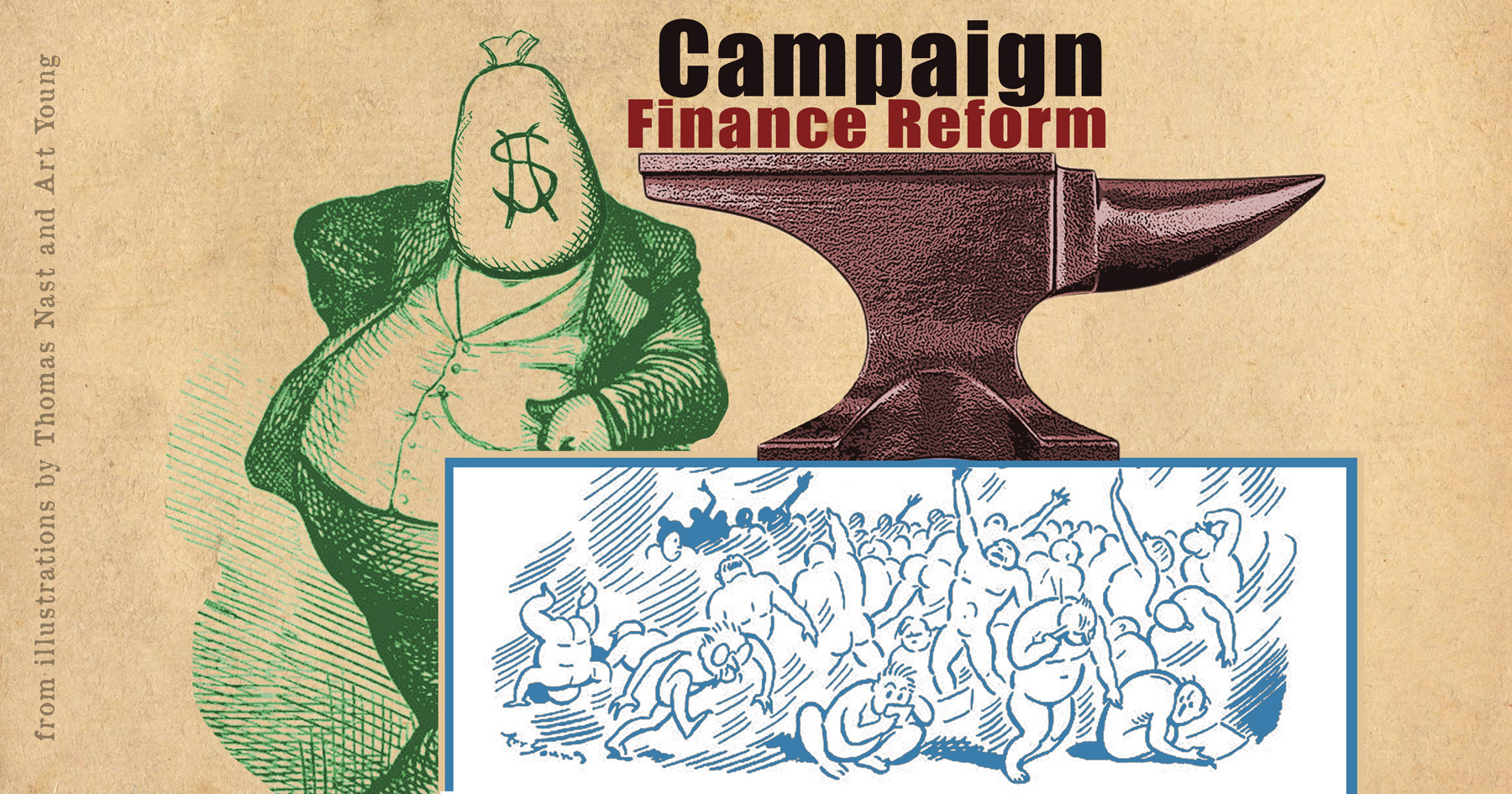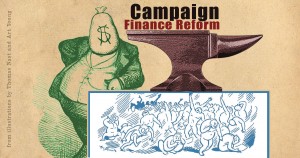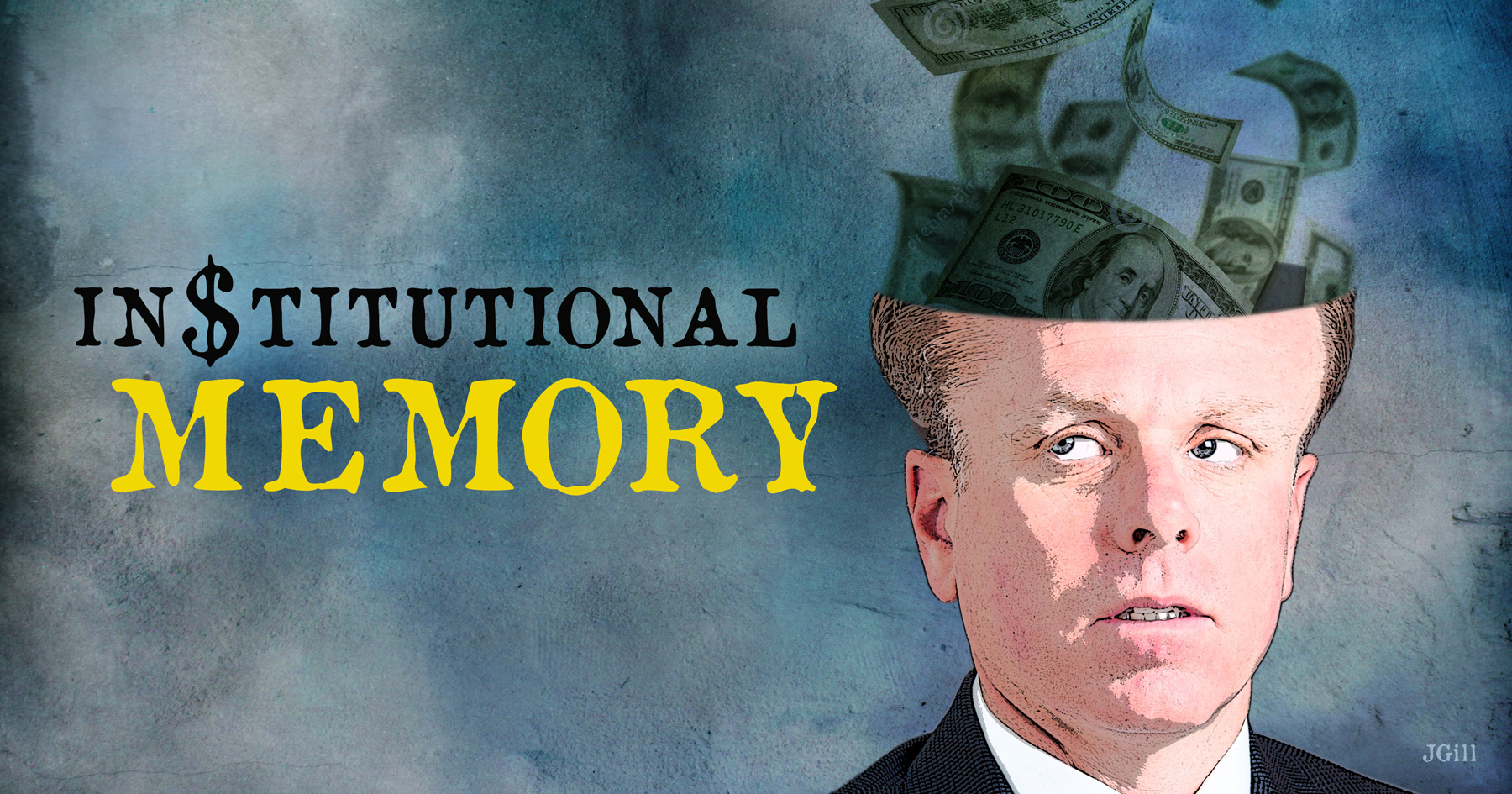Governor Scott Walker, who is running for the U. S. Presidency, has cooked up a white paper on the subject for which he is nationally known: labor relations. It’s a doozy.
His main points are:
- Reduce the power of union bosses by eliminating the National Labor Relations Board.
- Eliminate big-government unions.
- Take “right to work”
- Protect state employees’ First Amendment rights.
And that’s not the whole of it. Some of his points are worth quoting at length, including this:
On Day One of my administration, I will put in place accountability and transparency rules. I will require online disclosure of union expenditures, including revealing the total compensation of union officers, itemizing union trust fund expenditures, increasing reporting requirements for local affiliates of government employee unions, and restoring conflict-of-interest reporting requirements.
Walker’s is not a detailed, in-depth policy paper. It’s a list of goals, really. It does not address how he would accomplish this, if elected. It’s obvious that many (perhaps most) of these reforms would require congressional compliance and even legislation.
Yet by focusing on the inordinate power of government workers’ unions, Gov. Walker advances what many of us were hoping for when we first heard that the surprisingly daring, surprisingly successful Wisconsin governor would make a bid for the top spot in the federal government. Something needs changing.
And that something is the general purpose for government: what and whom government serves, other than itself, and how.
Or, in Walker’s words, “commonsense reforms” to narrow “the federal government’s role.…”
He says let’s close “special-interest loopholes … once and for all.”
Is that possible? It’s worth a try.
This is Common Sense. I’m Paul Jacob.











